The body uses three main nutrients to function— carbohydrate, protein, and fat These nutrients are digested into simpler compounds Carbohydrates are used for energy (glucose) Fats are used for energy after they are broken into fatty acids Protein can also be used for energy, but the first job is to help with making hormones, muscle, andAs a matter of fact, the sugarUpdated Both starches and sugars are broken down into sugars The three types of carbohydrates are sugar, starch and fiber During the digestive process, both sugars and starches are turned into the sugars that the body uses for energy

The Mysteries Of Digestion Unraveled Embracing Motherhood
Which carbs break down into sugar
Which carbs break down into sugar- What Types of Carbohydrates Turn to Sugar?The body breaks down or converts most carbohydrates into the sugar




Carbohydrates Singapore Heart Foundation
Sugar grams are the only thing that increases blood sugar Fact Both sugar grams and carbohydrate grams have a direct impact on blood sugar How your body works The foods we eat break down when digested and much of what we eat breaks down into glucose (Exceptions to this rule are proteins like meat, poultry and fish, and nonstarchy vegetables)The carbohydrates you consume are the most important because they directly affect your blood sugar levels "Carbs" affect insulin release because they break down into sugars which are then absorbed into the blood As the amount of sugar in the blood rises, the body releases insulin which in turn puts the sugar into your cells Carbohydrates are broken down into simple sugars that are used by the body for energy As carbohydrates are eaten, the digestive tract breaks them down into monosaccharide units, or glucose The glucose enters the bloodstream and travels first to the brain, which runs entirely on energy from glucose
And once in your gut, ALL carbohydrates become sugar GLUCOSE, the most basic type of sugar;Starches, which are found in foods such as starchy vegetables (like potatoes or corn), grains, rice, breads, and cereals; Your muscle and liver will take the glucose (sugar the body has turned the carbs into) and transform it into something called glycogen (simply the stored form of carbs) From there when the body needs carbs it turns them back into glucose (sugar) Do
When we eat foods that contain carbohydrates the body needs to break these down into simple monosaccharides for the body to use The digestion process of polysaccharides such as starch will begin in the mouth where it is broken down or 'hydrolysed' by salivary amylase an enzyme in your saliva that helps to break down starches When you eat carbohydrates in the form of sugar or starches, your body's goal, as noted by the Cleveland Clinic, is to break them down into the simple sugar, glucose, which it can use for energy The carbohydrates aren't really converted into glucose — they already contain the sugar in a more complex packageCarbohydrates are broken down by the body into glucose, which can be absorbed into the bloodstream Once absorbed, glucose molecules travel in




Carbohydrates Singapore Heart Foundation



Www Naspghan Org Files Documents Pdfs Training Curriculum Resources Physiology Series Carbohydrate Digestion Naspghan Pdf
Carbohydrates are your body's main energy source During digestion, sugar (simple carbohydrates) and starches (complex carbohydrates) break down into blood sugar (glucose) If you consume too much carbohydraterich food at one time, your blood sugar levels may rise too high, which can be problematic Whenever you begin to break down carbohydrates, they turn into starch or cellulose The starches can be broken down into simple sugars called monosaccharides, or complex sugars called disaccharides Our body uses these sugars for the production of energy When we consume food, our body turns the food into some usable form of energy There are two types of carbs simple and complex which I will explain in a moment, but what you NEED to understand is that BOTH types of carbs are digested and released into the bloodstream as glucose (SUGAR) which is then used as fuel for our bodies to train, to perform normal daily activity and to execute essential bodily functions



Digestion And Absorption Of Carbohydrates




Carbs In A Nutshell
The body converts these sugar molecules into glucose, which it uses for energy As complex carbohydrates have longer chains, they take longer to break down and provide more lasting energy in theWhen people eat a food containing carbohydrates, the digestive system breaks down the digestible ones into sugar, which enters the blood as blood sugar levels rise, the pancreas produces insulin, a hormone that prompts cells to absorb blood sugar for energy or storage Because carbohydrates break down into glucose, they have the greatest impact on your blood glucose level To help control your blood sugar, you may need to learn to calculate the amount of carbohydrates you are eating so that you can adjust the dose of insulin accordingly



What Makes Carbohydrates Split Into Its Subunits Quora
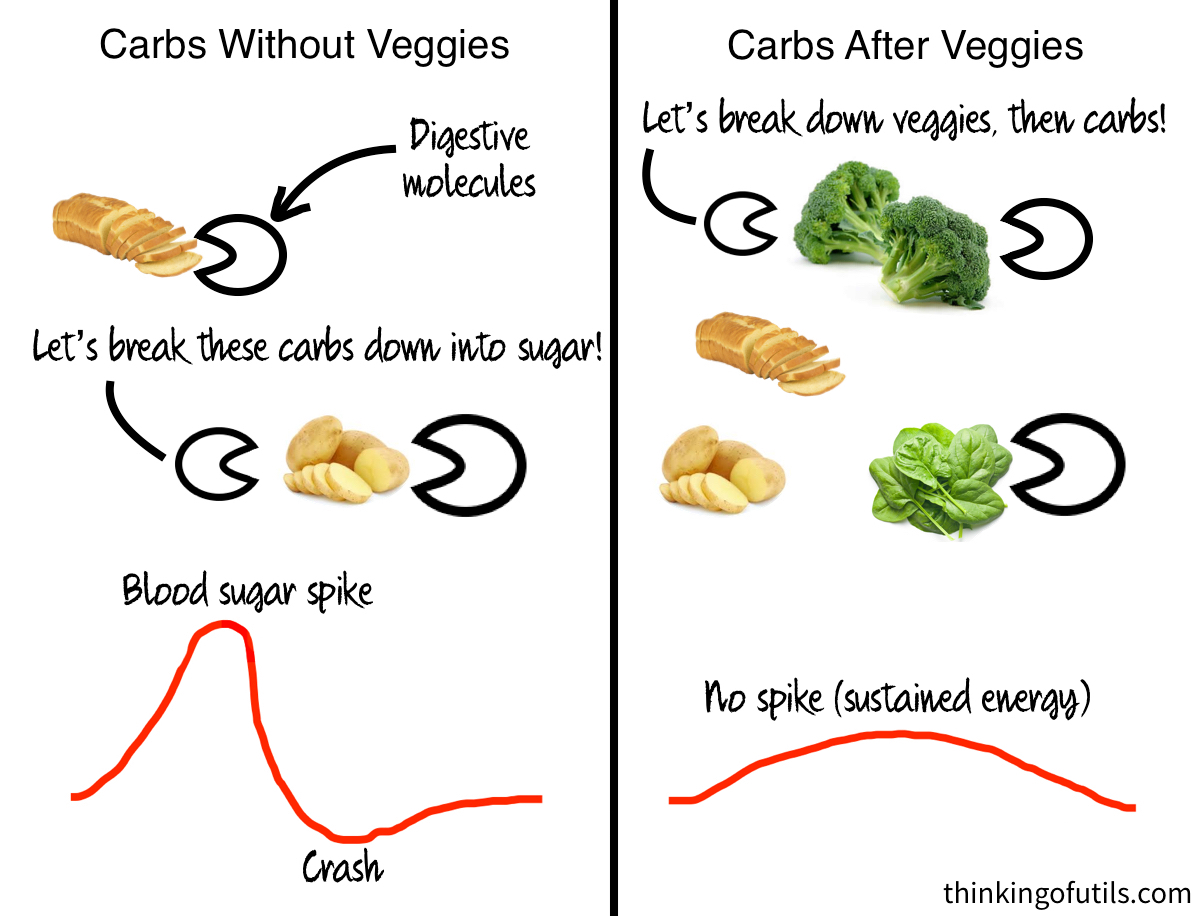



How To Lose Weight And Be Super Healthy With Nutrition Science And Psychology Thinking Of Utils
All carbohydrates are broken down into simple sugars, which are absorbed into the bloodstream As the sugar level rises, the pancreas releases the hormone insulin, which is needed to move sugar from the blood into the cells, where the sugar can be used as energy And complex carbs Break down more slowly in the body Whole grains contain all Carbohydrates come from nearly all foods in your diet and eventually break down into glucose You need glucose, the simplest form ofGlycolysis is the process of breaking down a glucose molecule into two pyruvate molecules, while storing energy released during this process as ATP and NADH Nearly all organisms that break down glucose utilize glycolysis Glucose regulation and product use are the primary categories in which these pathways differ between organisms




Carbohydrate Their Types And Sources Carbohydrates Youtube
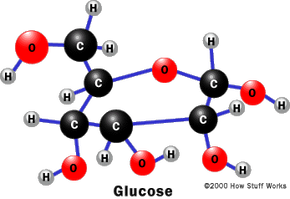



Carbohydrates How Food Works Howstuffworks
Simple Sugars Some foods contain simple sugars, which don't need to be further broken down during digestion The three Compound Sugars Compound sugars include sucrose, a combination of fructose and glucose;ALL sugars ARE carbohydrates whether in your body or not; What Types of Carbohydrates Turn to Sugar?
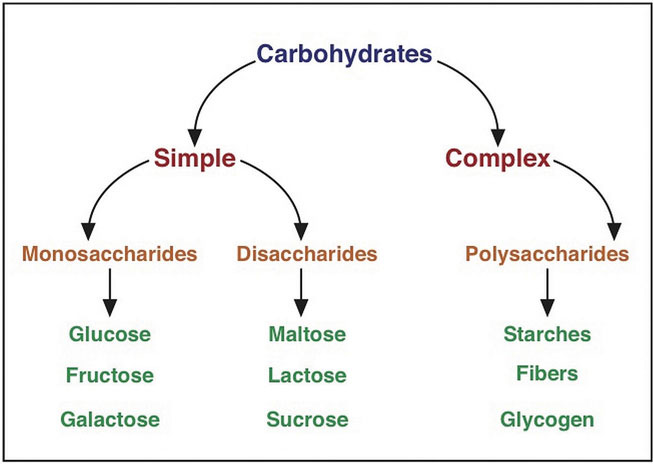



A Closer Look At Carbohydrates



Carbohydrates
The foods we eat are composed of different macronutrients, which include proteins, fats, and carbohydrates—all of which need to be broken down into smaller pieces in order to be used by the bodyProtein, for example, is broken down into amino acids According to LJ Amaral, RD, a registered dietician who specializes in oncology and the ketogenic diet, "For carbohydrates Carbs = energy But as we discussed, there are different kinds of carbs To Sum It Up The key is choosing a variety of nutrientdense carbs that give us fiber, instead of just lots of simple sugar Complex carbs make our body work a bit longer to break them down to those 1 sugarStarchy, refined carbohydrates Foods such as chips, bread, pasta or crackers can be as harmful to the teeth as candy Starches made from white flour are simple carbohydrates and can linger in your mouth and then break down into simple sugars Bacteria feed on these sugars and produce acid, which causes tooth decay
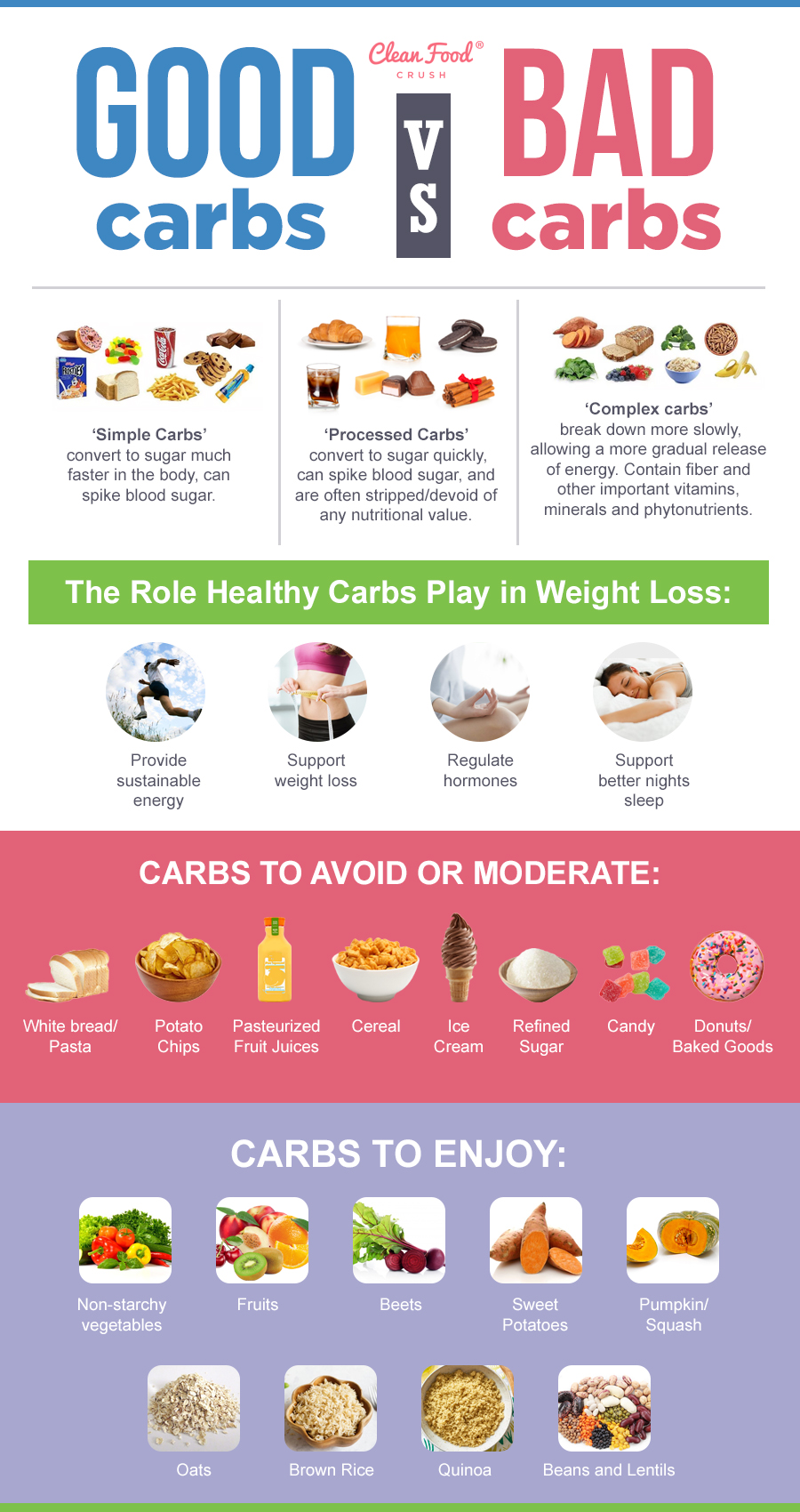



Good Vs Bad Carbs 10 Sources Of Healthy Carbs That Actually Support Weight Loss Clean Food Crush
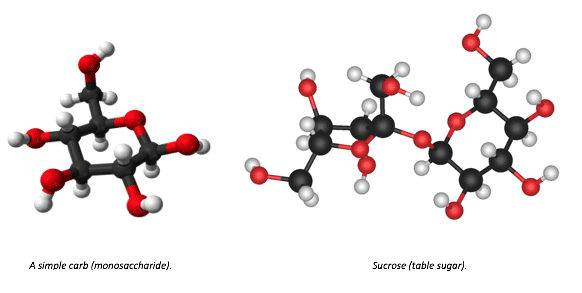



Carbohydrates Unbelievable Facts About Carbohydrates Blog Jake
Carbohydrates can be broken down into two categories based on their chemical structure simple and complex A simple carbohydrate is like a penny you can't break it down into smaller change Your body doesn't have to work as hard to break down a simple sugar because it's already in its most basic formQ "Does sugar contribute to carbohydrates in your body?" No; However, the body can still break them down fairly easily into simple sugars and finally into glucose, the simple sugar that the body uses directly for energy The chemical composition of carbohydrates is a nice starting point, but the real information you probably want to know about carbs is how they are used by the body




The Mysteries Of Digestion Unraveled Embracing Motherhood



Digestion And Absorption Of Carbohydrates
However, it requires more process than the breakdown of simple sugar like fructose When you eat foods like toast or mashed potato, the saliva starts acting on it in the mouth The starch is broken down into maltose Although maltose is a simple sugar, when it reaches the intestine, the intestinalPhaseolus vulgaris is the active ingredient of the white kidney bean It works by inhibiting the breakdown of carbohydrates to sugars Carbohydrates that are not transformed into sugar will not be absorbed by your body and converted into fat Take one 500 micrograms (mcg) chromium picolinate tablet once a dayFor this reason, digestive enzymes break down carbohydrates into three monosaccharides, namely glucose, galactose, and fructose Monosaccharides are transported to the liver, which turns galactose and fructose into glucose The liver then sends the produced glucose into the bloodstream, where it is transported to the cells that need energy




Objective Understand Carbohydrates And What Foods They Are Found In Warm Up 1 What Is Your Favorite Source Of Carbs Ppt Download




Reversing Diabetes 101 With Dr Sarah Hallberg The Truth About Carbs Blood Sugar And Reversing Type 2 Diabetes
When people eat a food containing carbohydrates, the digestive system breaks down the digestible ones into sugar, which enters the blood As blood sugar levels rise, the pancreas produces insulin, a hormone that prompts cells to absorb blood sugar for energy or storage As cells absorb blood sugar, levels in the bloodstream begin to fallSugars The sugars are the carbohydrates which are used directly to supply energy to living organisms A key group of the sugars have the molecular formula C 6 H 12 O 6This group includes glucose, which may exist in either straightchain or ring formsOthers are fructose, galactose, and mannoseSuch sugars are called monosaccharides Complex carbs get broken down into glucose;




17 1 3 How Do The Macronutrients Provide Atp Medicine Libretexts
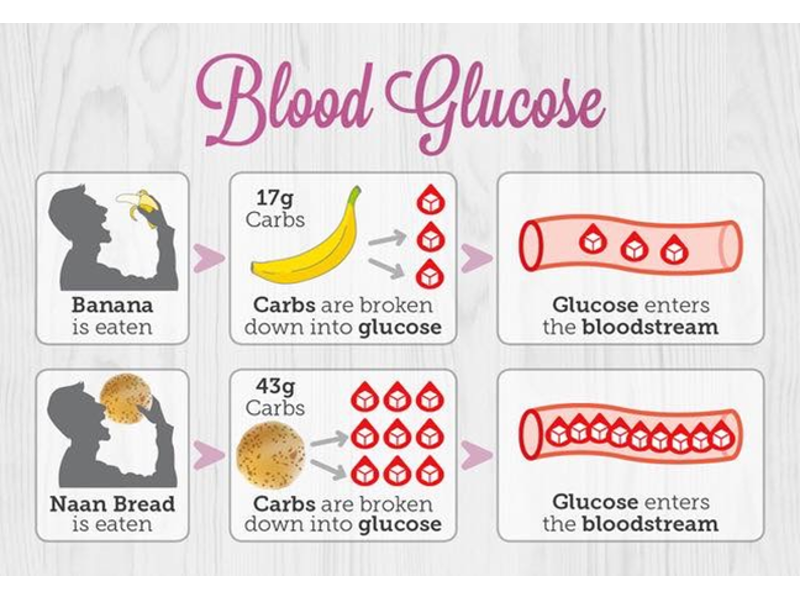



Understanding Carbohydrates Know Diabetes
The two main forms of carbohydrates are sugars such as fructose, glucose, and lactose; Carbohydrates, proteins and fats are the three macronutrients that exist While the human body processes each macronutrient differently and each plays a role in how fast glucose is absorbed in the body, carbs have the greatest effect on blood sugar That's because your body breaks down carbs into sugar, which enters your bloodstreamThis is because carbohydrates are sugar Carbohydrates provide our body with energy in the form of glucose, which is another word for sugar Nearly all carbohydrates, with the exception of fiber, will eventually break down into glucose or sugar The main point being carbohydrates, glucose and sugar are essentially the same thing
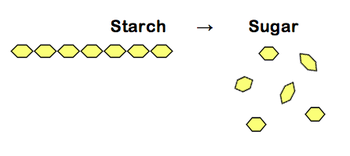



Biochemistry Digestive Enzymes Pathwayz



Digestion And Absorption Of Carbohydrates Human Nutrition Deprecated
Normally, when you eat carbs, they're broken down into small units of glucose, which end up as blood sugar When blood sugar levels go up, the pancreas responds by producing the hormone insulin fiber Both simple and complex carbohydrates break down into glucose (aka blood sugar) A simple carb is one that's comprised of one or two sugar molecules, while a complex carb contains three orLactose, a combination of Starches Plants




Carbohydrate Digestion Nutritional Doublethink
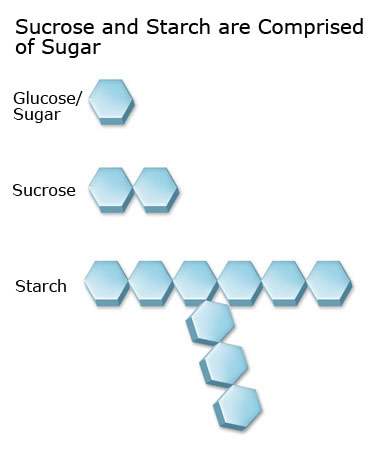



Understanding Carbohydrates Diabetes Education Online
Complex carbohydrates are starches and broken down more slowly than simple carbs and will raise sugar levels more slowly Note that eating highly refined starches such as white bread will usually result in a sharp rise in blood sugar levels Whole grain foods, which have a greater level of fibre, are a much better choice of starches as theWritten by Jessica Bruso; The process of carbohydrate break down starts in our mouth with an enzyme called salivary amylase It breaks the long sugars apart into smaller subunits to be absorbed, and these small, simple carbohydrates move through the cell lining of the small intestine and into the blood in capillaries that lead to the portal vein



Www Naspghan Org Files Documents Pdfs Training Curriculum Resources Physiology Series Carbohydrate Digestion Naspghan Pdf



1
Carbohydrates are well studied in terms of their implications on the gut microbiome While digestible carbohydrates, such as sugars and some starches, are turned into glucose by the small intestine for energy, others head to the colon where they are broken down by bacteria What are Bifidobacteria so important for gut health?First, enzymes in your saliva and pancreas break starch down into a natural sugar called maltose In the second step, an enzyme in the lining of your small intestine splits maltose into smaller glucose molecules, which can be stored in your blood Glucose is your body's main dietary source of energy
:max_bytes(150000):strip_icc()/simple-and-complex-carbohydrates-and-diabetes-1087570-ADD-FINAL-V2-d27e373ab541449ba70bb26ff5f7cf71.png)



What To Know About Simple Vs Complex Carbohydrates




Hidden Sugars In Commercial Pet Foods By Canine Nutritionist Narelle Cooke Guides Big Dog Pet Foods
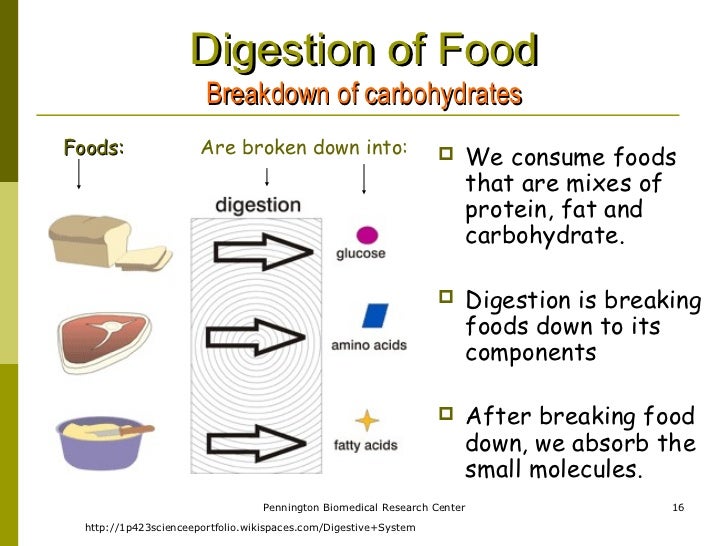



Fueling Your Body Unit 5
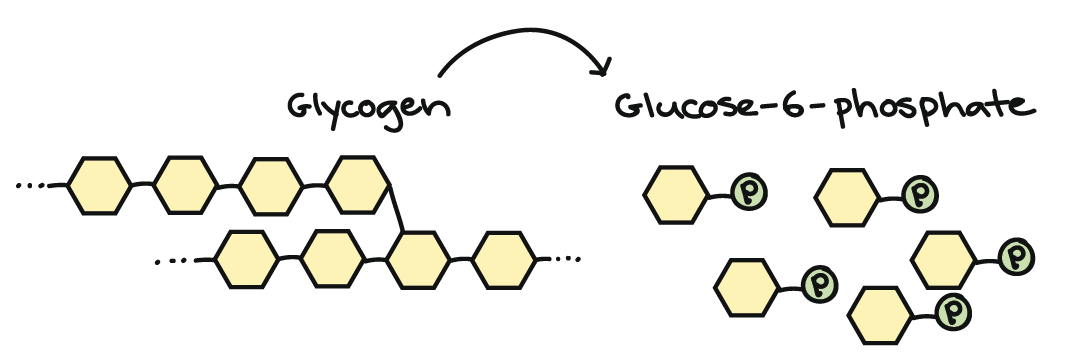



Connections Between Cellular Respiration And Other Pathways Article Khan Academy



What Are Carbohydrates Quora



Www Naspghan Org Files Documents Pdfs Training Curriculum Resources Physiology Series Carbohydrate Digestion Naspghan Pdf



Are Carbohydrates Same As Sugar Quora



What Digestible Forms Do Carbs Come In Quora




3 3 Digestion And Absorption Of Carbohydrates Medicine Libretexts



1
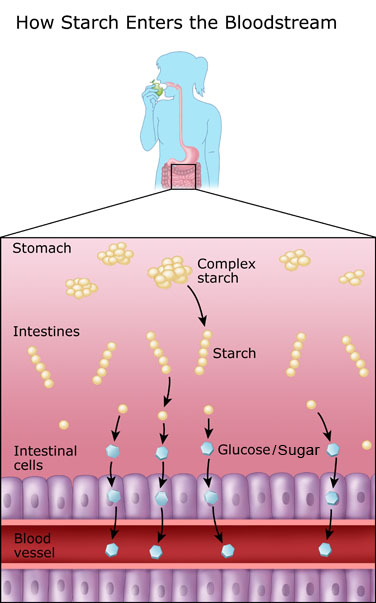



Understanding Carbohydrates Diabetes Education Online
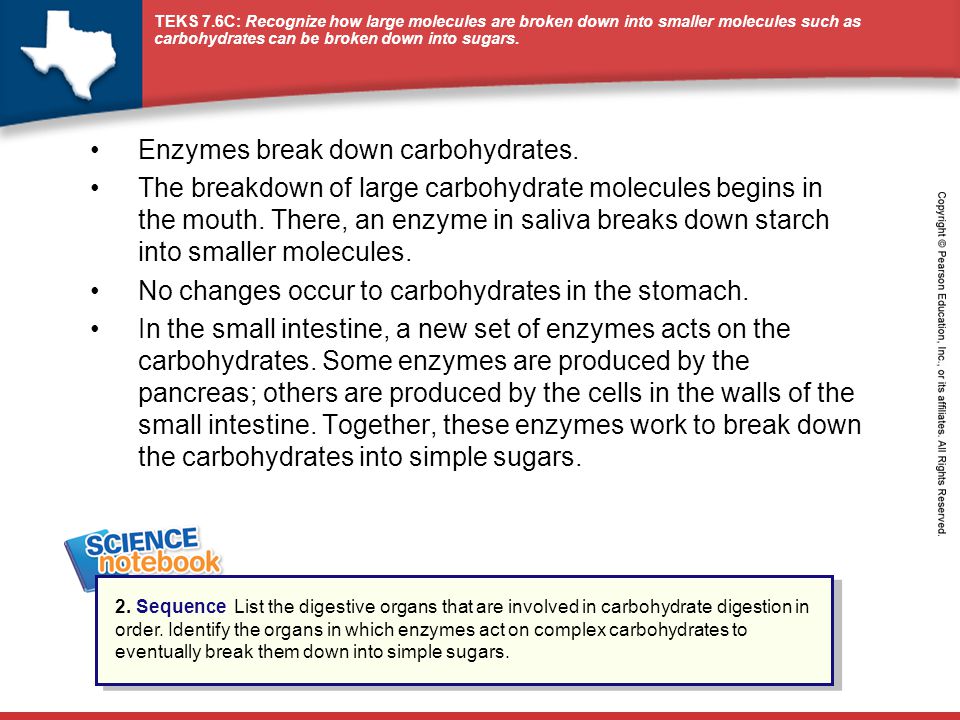



Why Do You Need Food Food Provides Your Body With Materials To Grow And Repair Tissues It Provides Energy For Everything You Do Your Body Breaks Down Ppt Video Online Download




Carbohydrate Digestion Fermentation The Microbiome



Carbohydrates
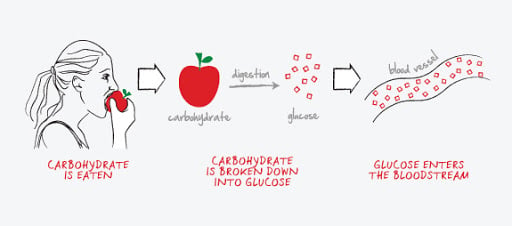



Diabetes Self Care Your Guide To Diabetes Self Management




Carbohydrates Simple And Complex Six Essential Nutrients Nutrients



Types Of Carbohydrates




The War On Carbohydrates Tidal Elite Performance Center
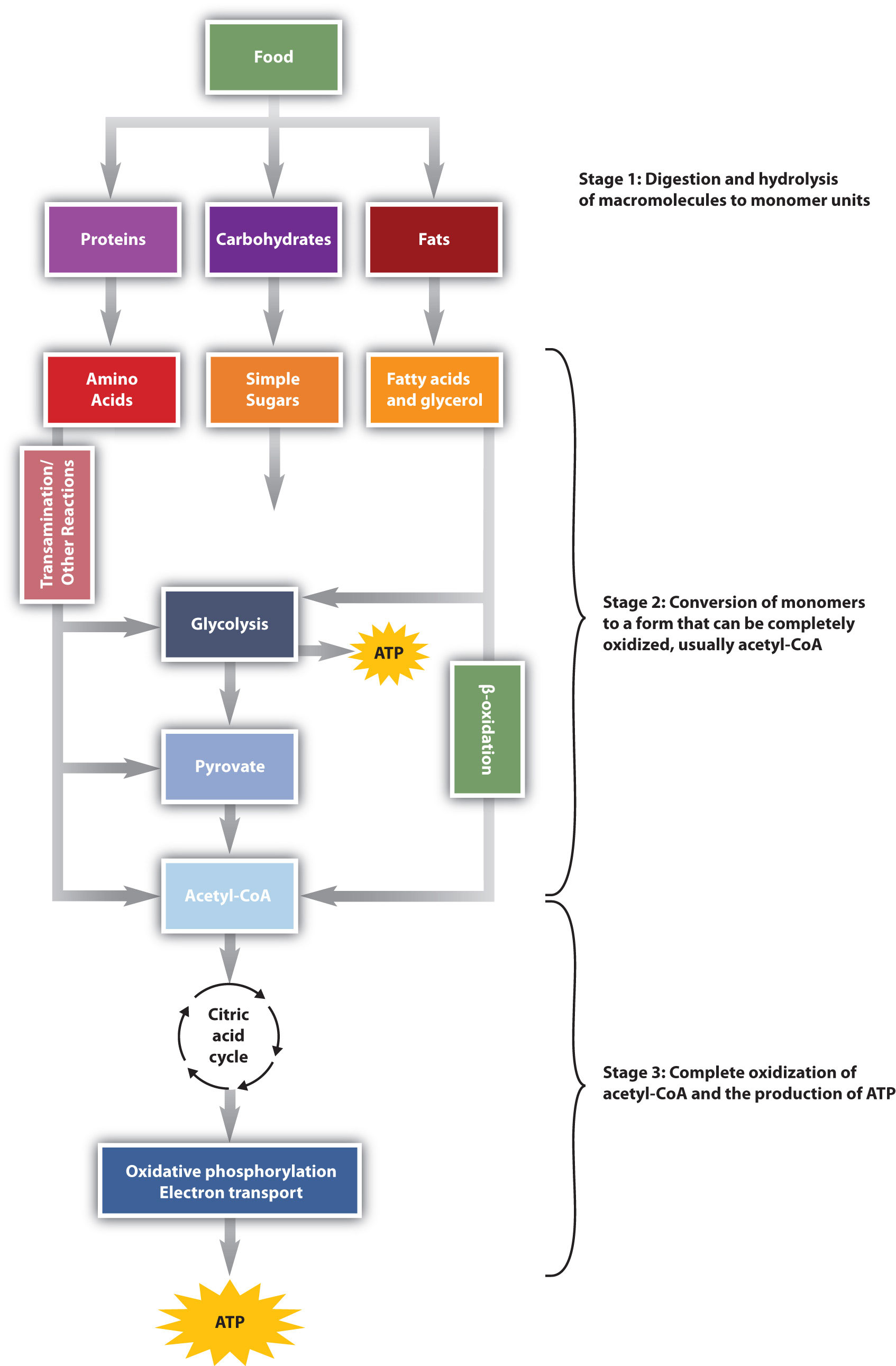



2 Stage I Of Catabolism Chemistry Libretexts
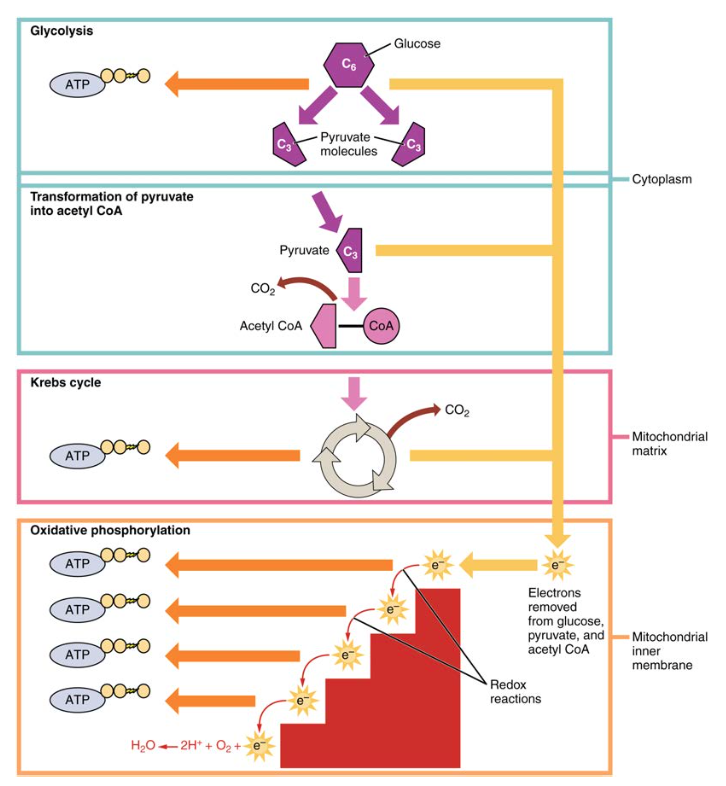



Carbohydrate Metabolism Anatomy And Physiology Ii
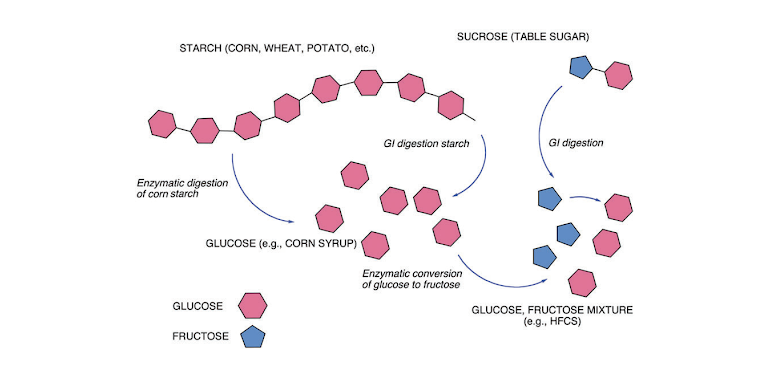



Crossfit An Introduction To Metabolism




Objective Understand Carbohydrates And What Foods They Are Found In Warm Up 1 What Is Your Favorite Source Of Carbs Ppt Download




Carbohydrate Definition And Examples Biology Online Dictionary




Carbohydrate Definition Classification Examples Britannica




What Types Of Carbohydrates Turn To Sugar



Chemical Digestion Boundless Anatomy And Physiology




Digestion Absorption And Transport In Digestive System
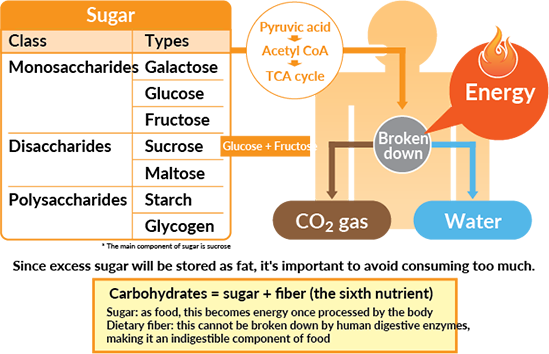



Carbohydrates An Efficient Energy Source Otsuka Pharmaceutical Co Ltd
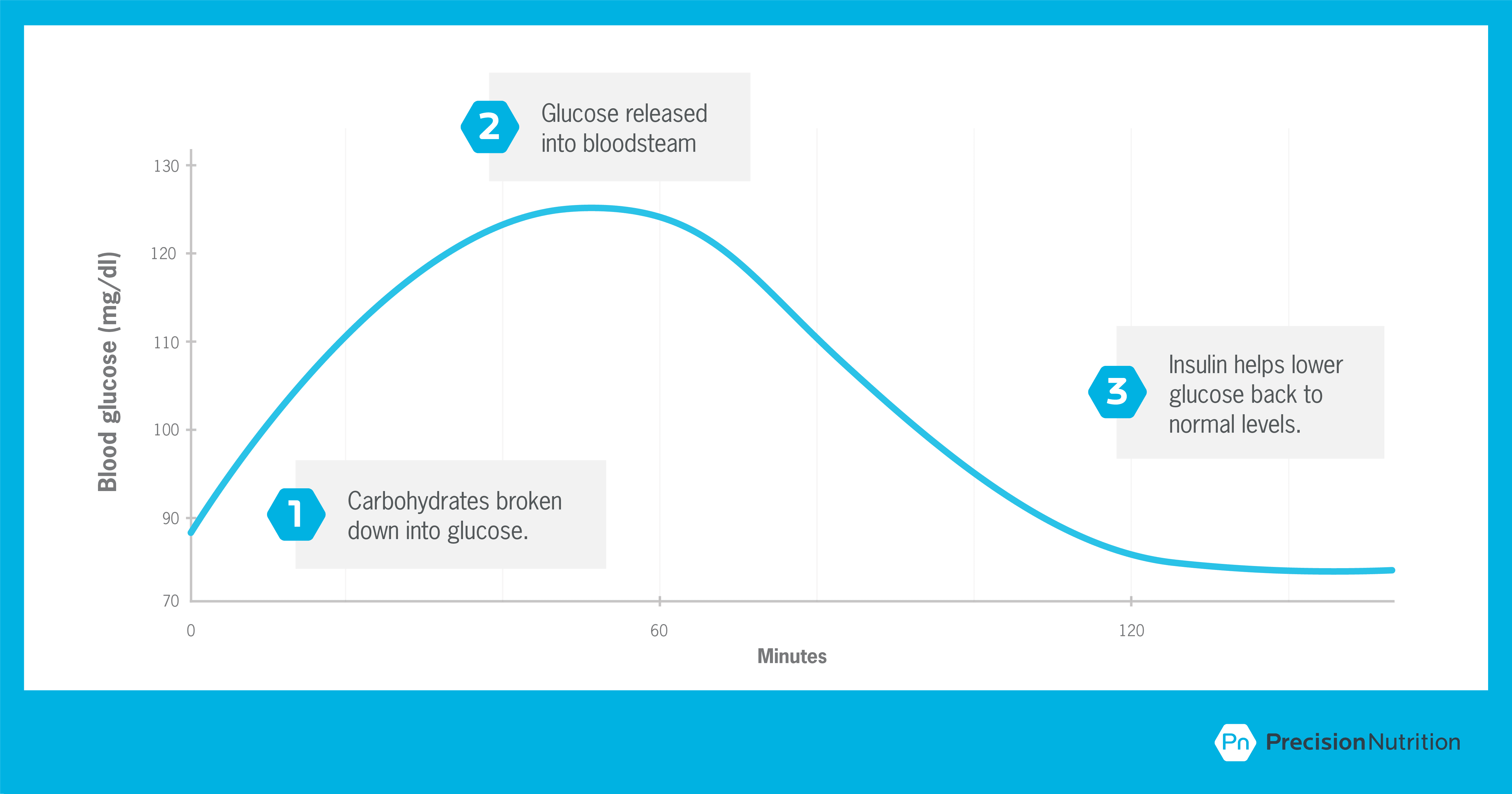



The Truth About Carbs Insulin And Weight Loss Precision Nutrition




Learn About Carbohydrate Digestion Chegg Com
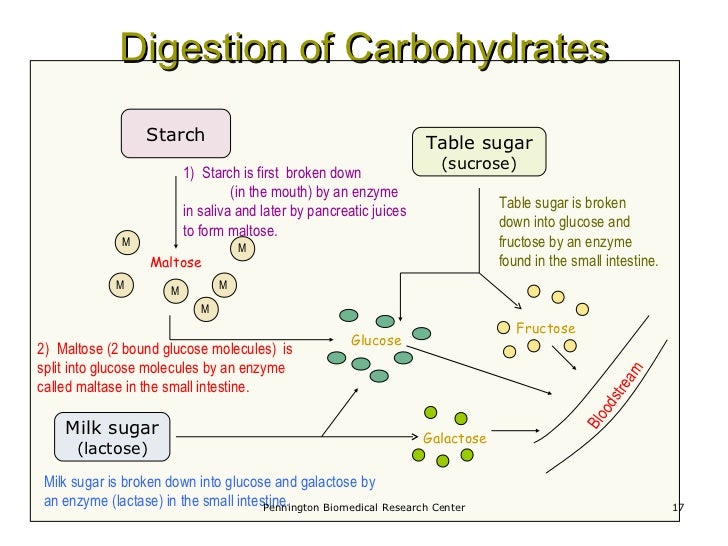



Fueling Your Body Unit 5



Carbohydrates



Digestion And Absorption Of Carbohydrates Human Nutrition Deprecated



1




Why Carbs Are Really Not The Enemy
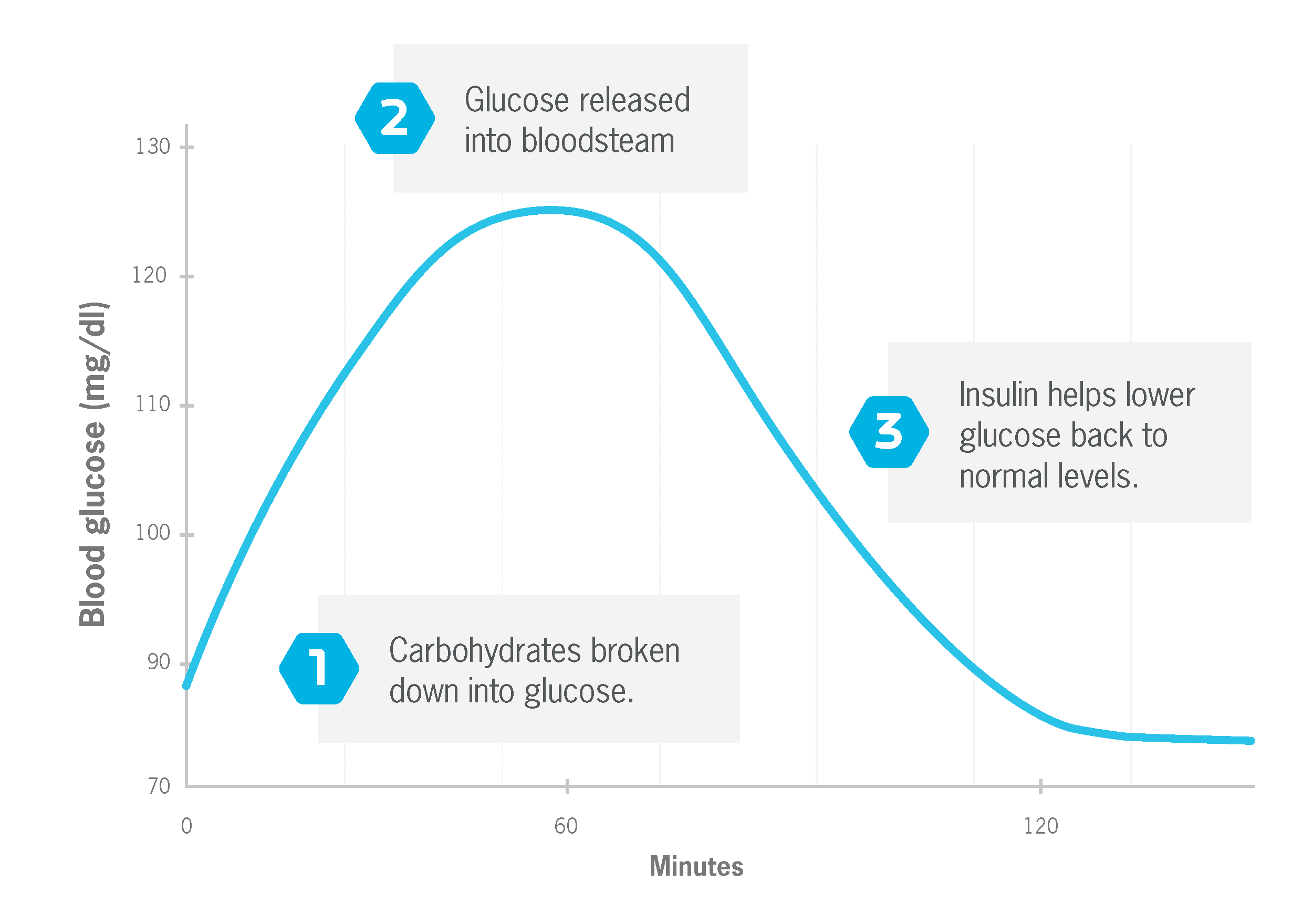



The Truth About Carbs Insulin And Weight Loss Precision Nutrition




Why Carbohydrates Are Important For Your Diet Everyday Health
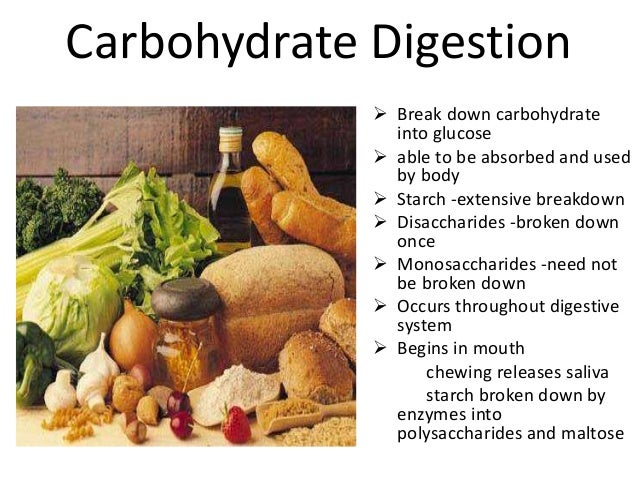



Carbohydrates




Carbohydrate Digestion And Absorption The Canadian Sugar Institute




This Flow Chart Shows The Steps In Digestion Of Carbohydrates The Different Levels Shown Are Starch Carbohydrates Biology Biology Notes Anatomy And Physiology
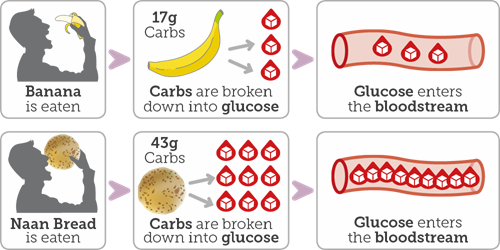



Carbohydrate Counting Know Diabetes
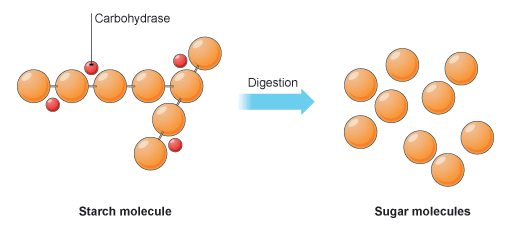



Starch Pmg Biology



1




Digestive System Processes Biology For Majors Ii




Know Your Complex Simple And Refined Carbs
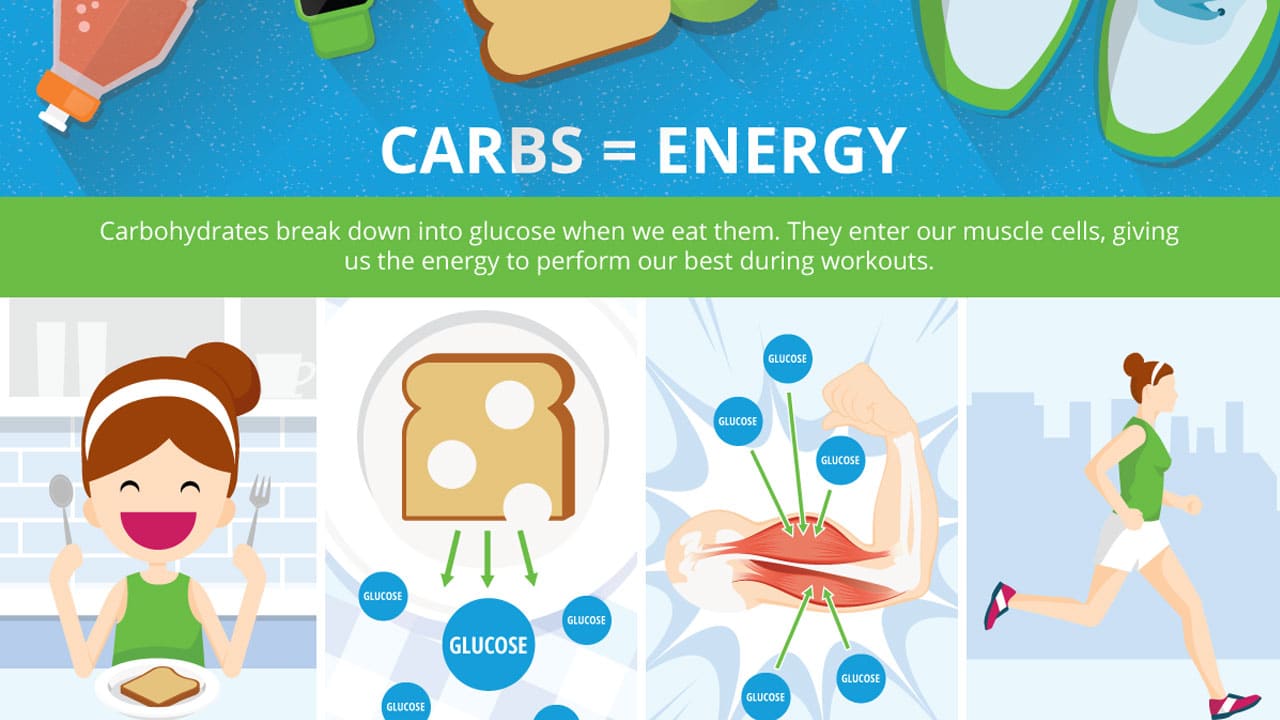



What You Should Eat Before And After Exercise




Digestive System Processes Biology For Majors Ii
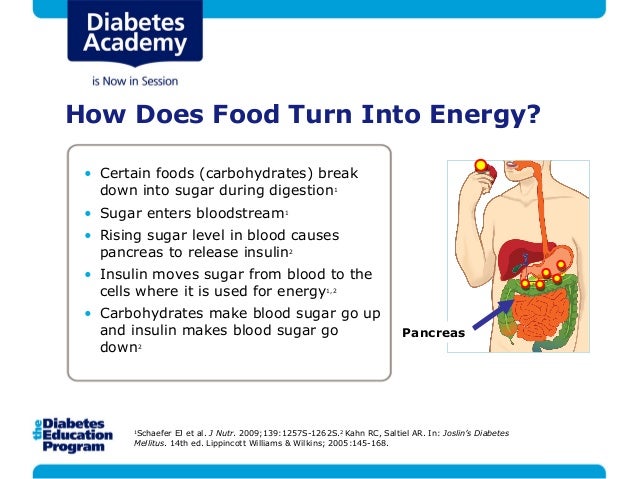



Diabetes Management 101
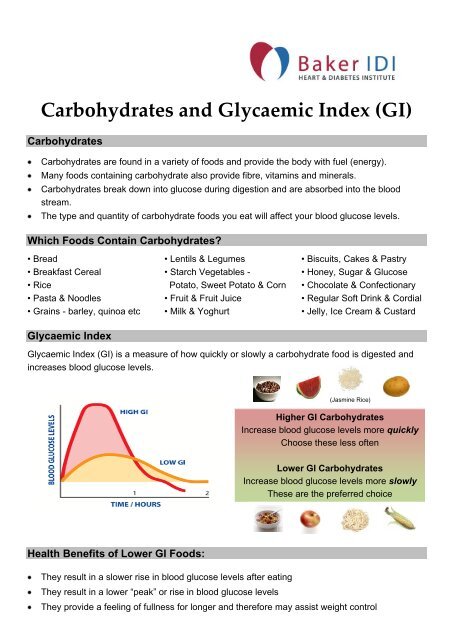



Carbohydrates And The Glycaemic Index Baker Idi




Carbohydrates In Pet Food Pfma
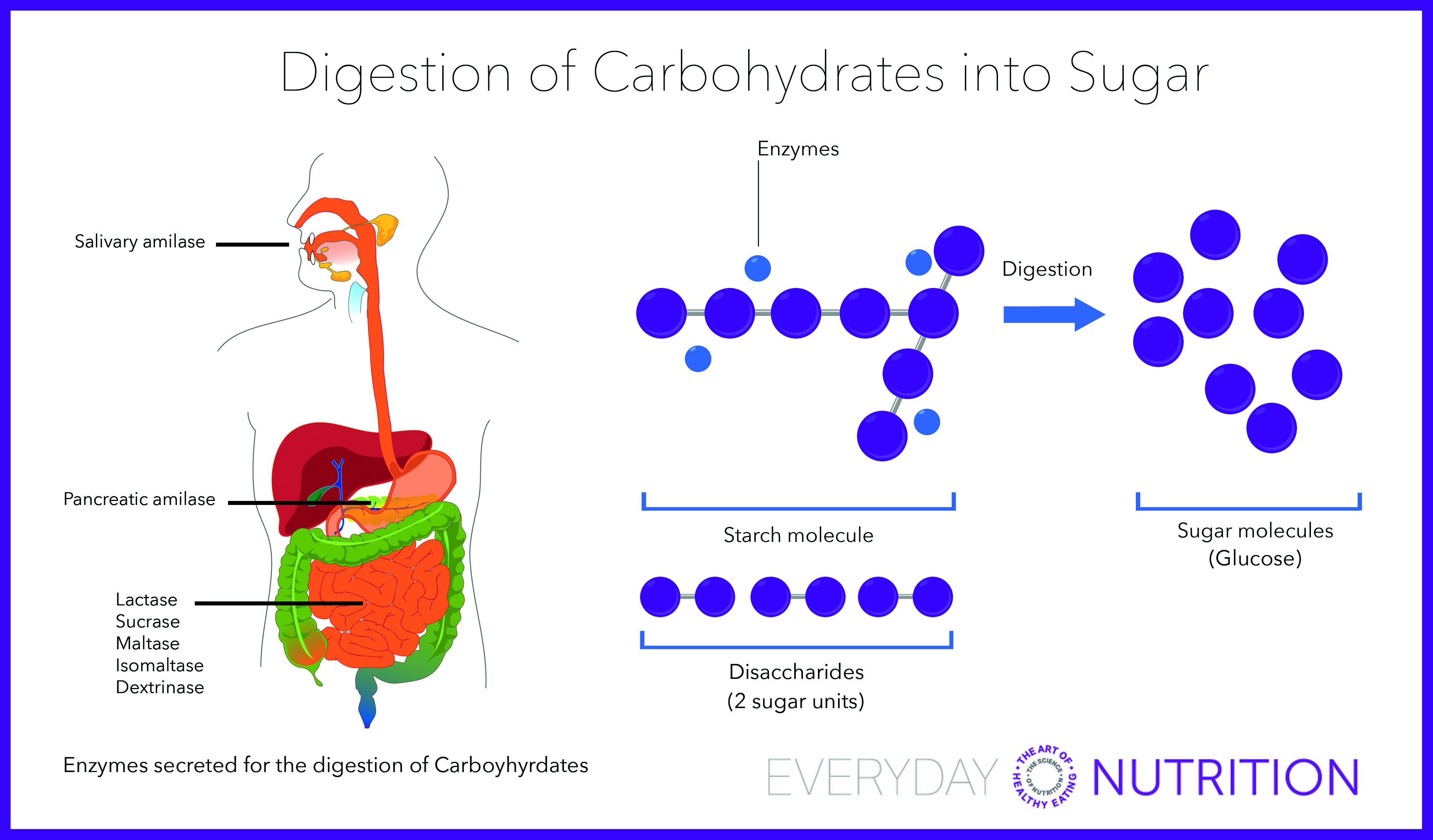



Everyday Nutrition The First Thing You Should Do For Your Health Better Energy And Weightloss



Digestion And Absorption Of Carbohydrates



Carbohydrate No Fructose
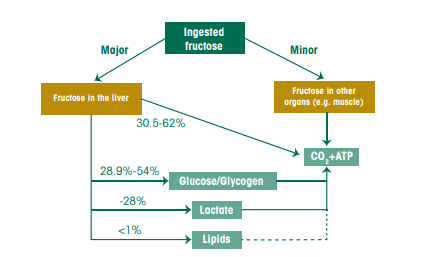



Carbohydrate Digestion And Absorption The Canadian Sugar Institute




Carbohydrate Absorption Nutritional Doublethink



Carbs The Whole Truth Just A Pinch Recipes




Carbohydrate Metabolism Wikipedia
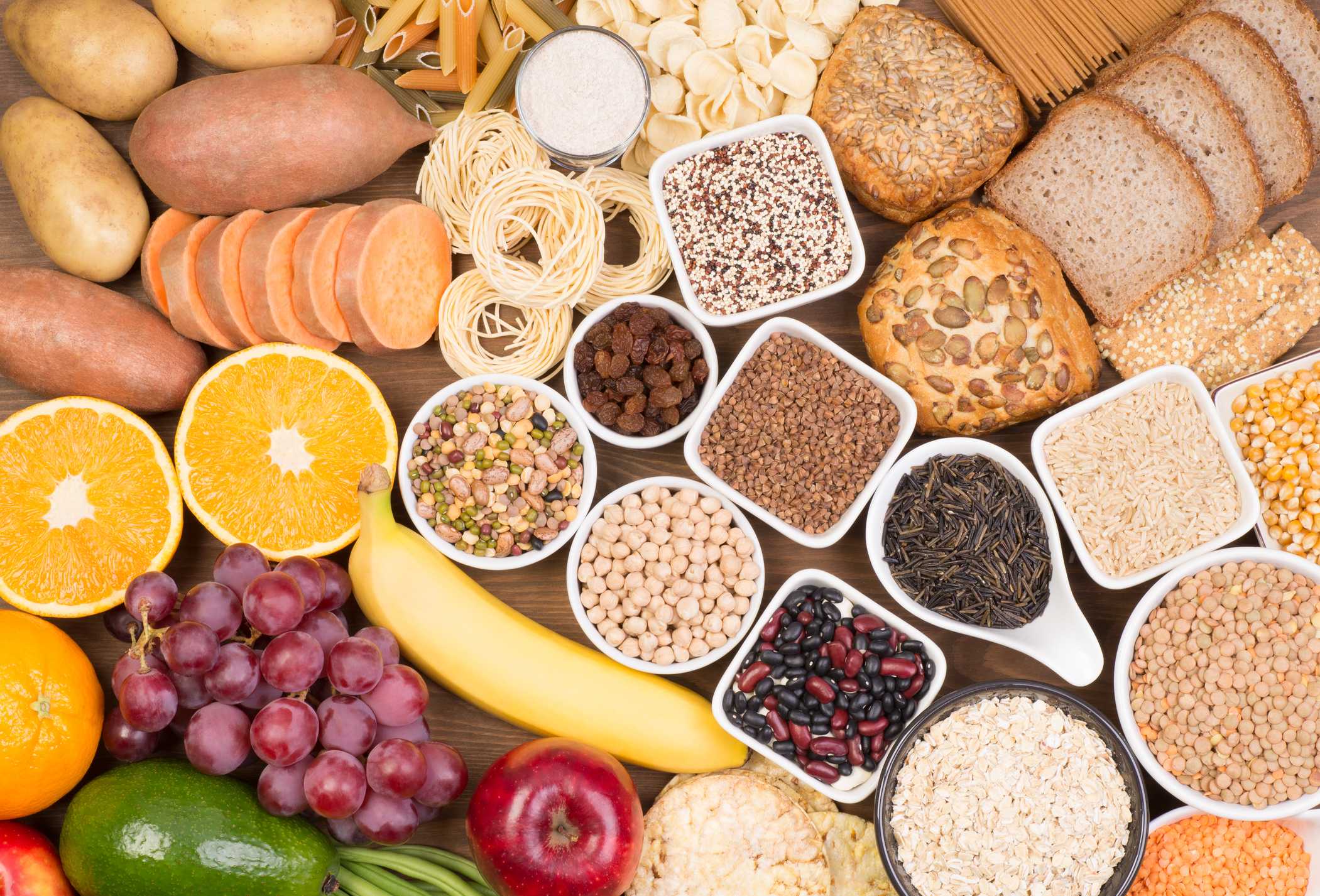



Simple Vs Complex Carbohydrates Difference Between Simple Sugars And Starches
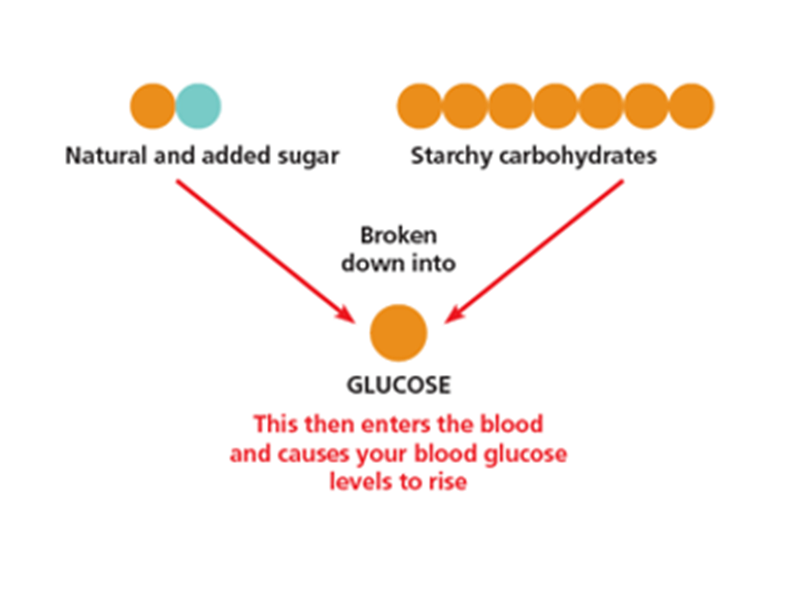



Understanding Carbohydrates Know Diabetes



Differences Between Sugar And Starch Difference Between




Lesson 1 Page3
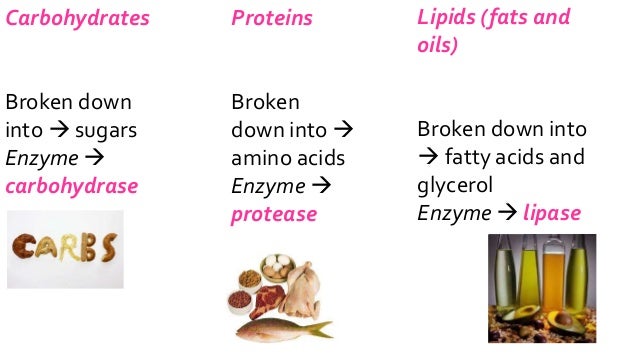



B2 3 3 Enzymes In Digestion
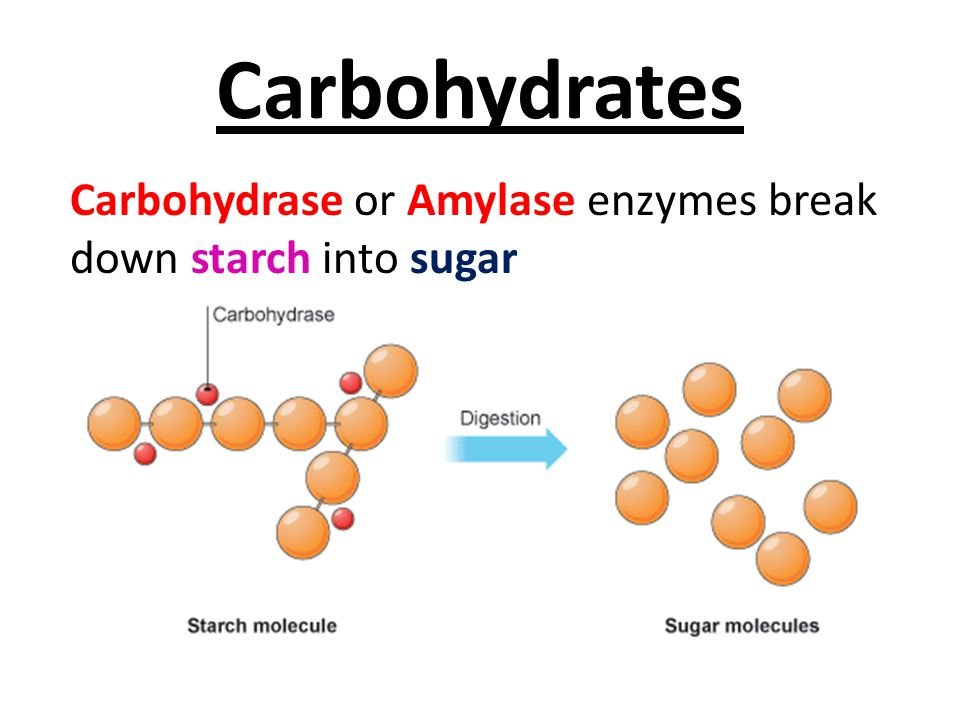



Diet And Exercise Week 1 Steemkr
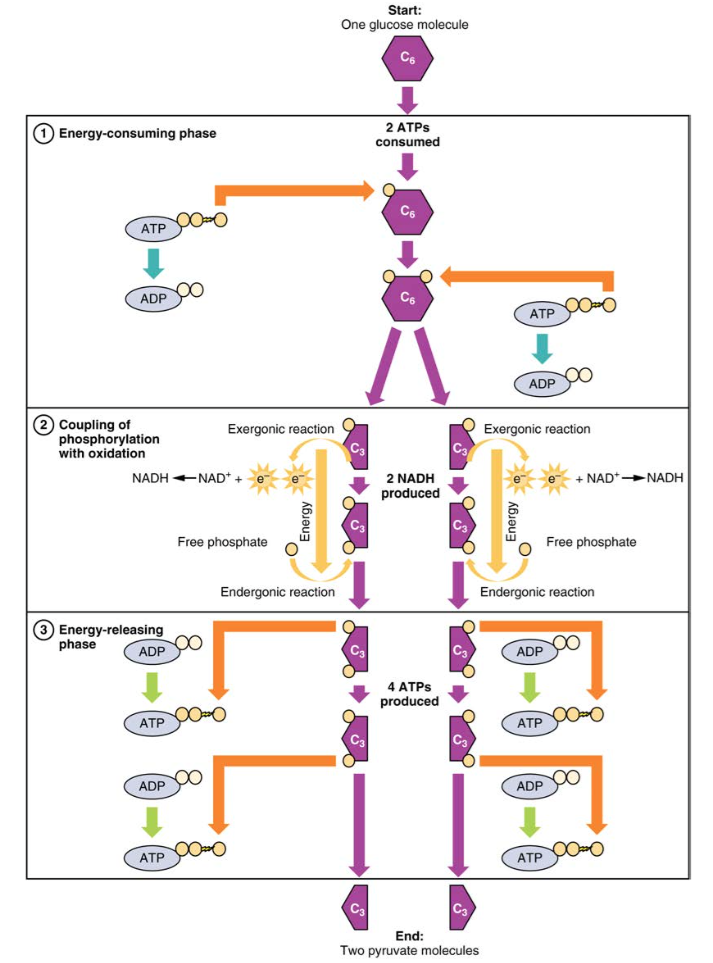



Carbohydrate Metabolism Anatomy And Physiology Ii
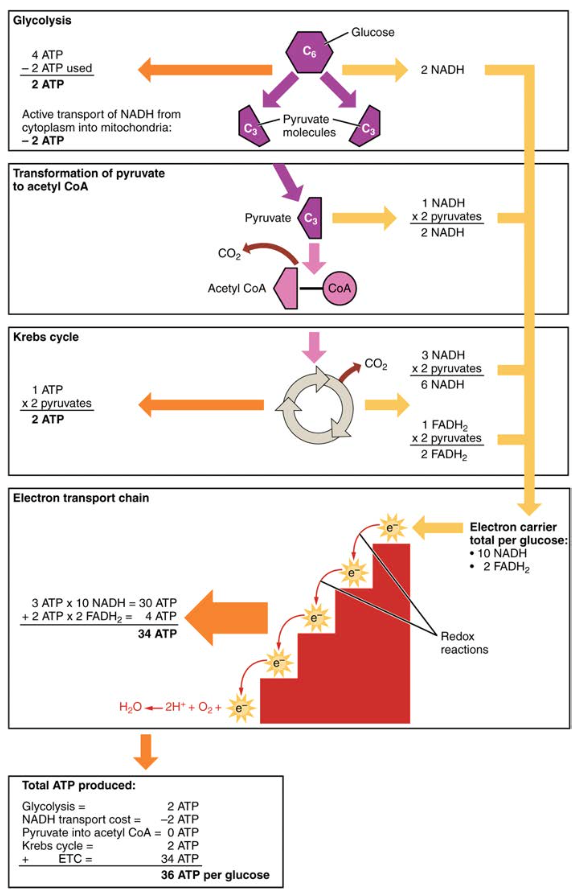



Carbohydrate Metabolism Anatomy And Physiology Ii




What Are Macronutrients Healthy Outcome For Teens




Carbohydrates Metabolism Assays Biovision Inc




Carbohydrate Digestion Nutritional Doublethink




Living With Diabetes 3 3 Gut Openlearn Open University Sk1 2
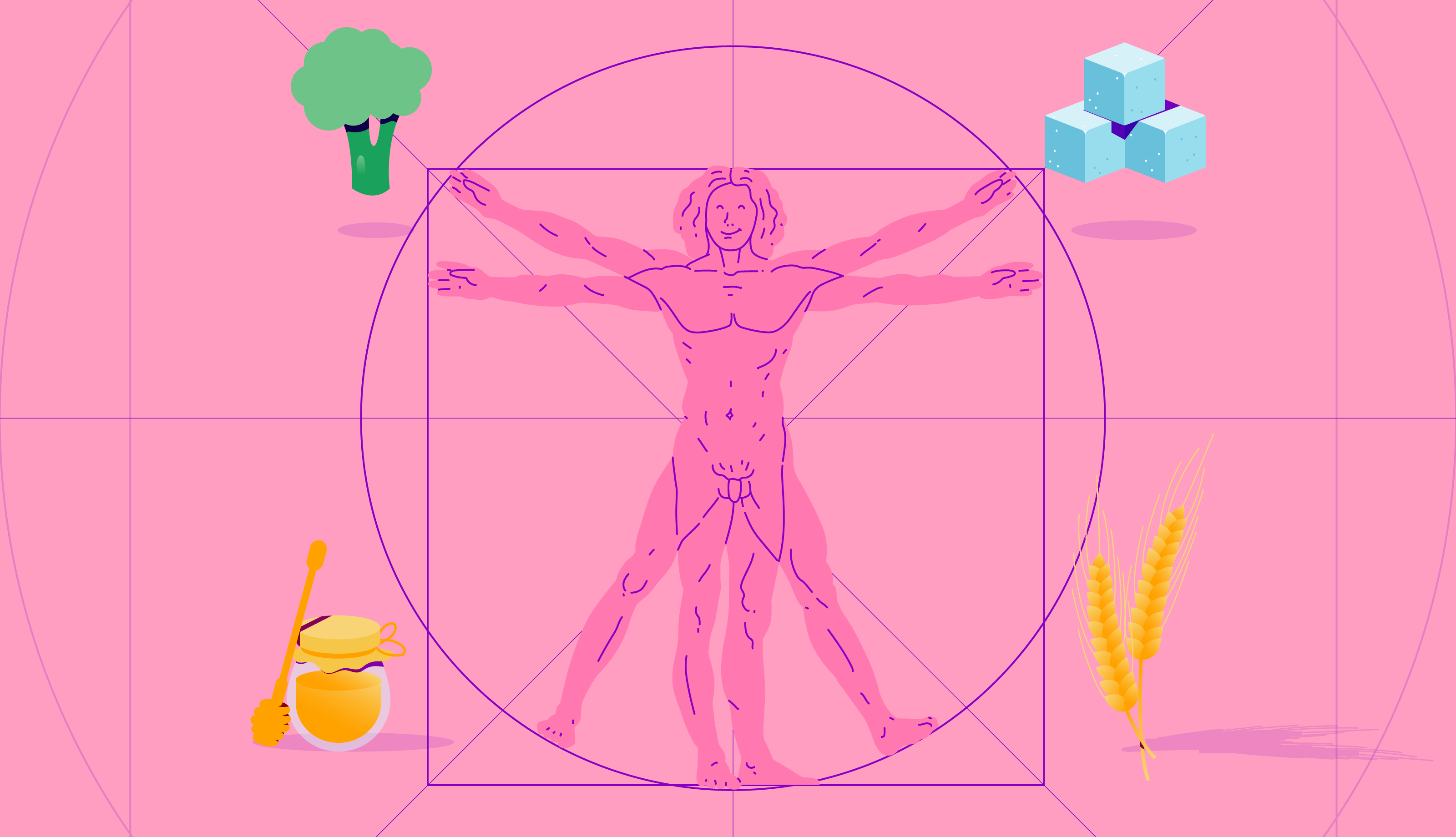



Carbs Vs Sugar What S The Difference And Why It Matters




Carbohydrate Definition Classification Examples Britannica




Be Carb Smart With Purition Purition Usa



15 3 Digestive System Processes Concepts Of Biology 1st Canadian Edition
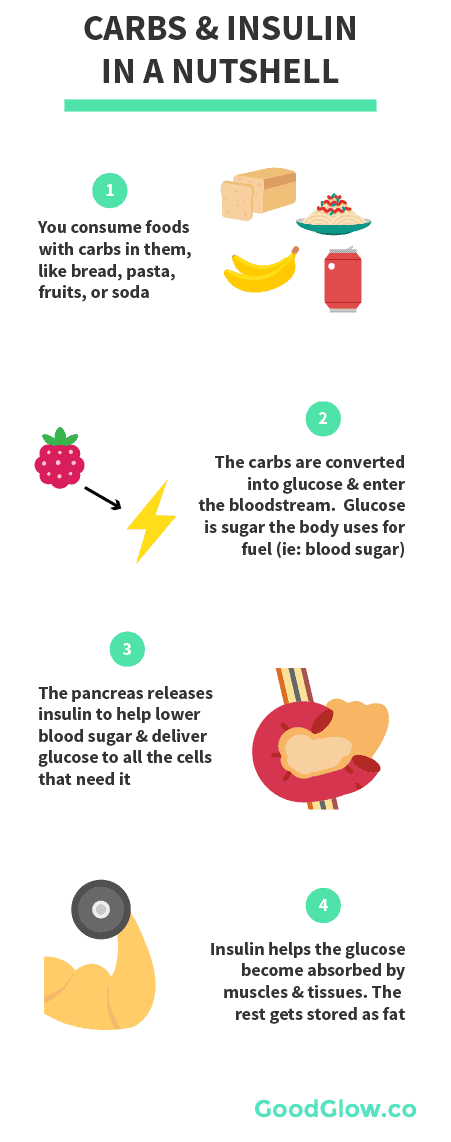



Why Carbs Sugar And Insulin Cause Acne Goodglow Co



Digestion Storyboard By Oliversmith
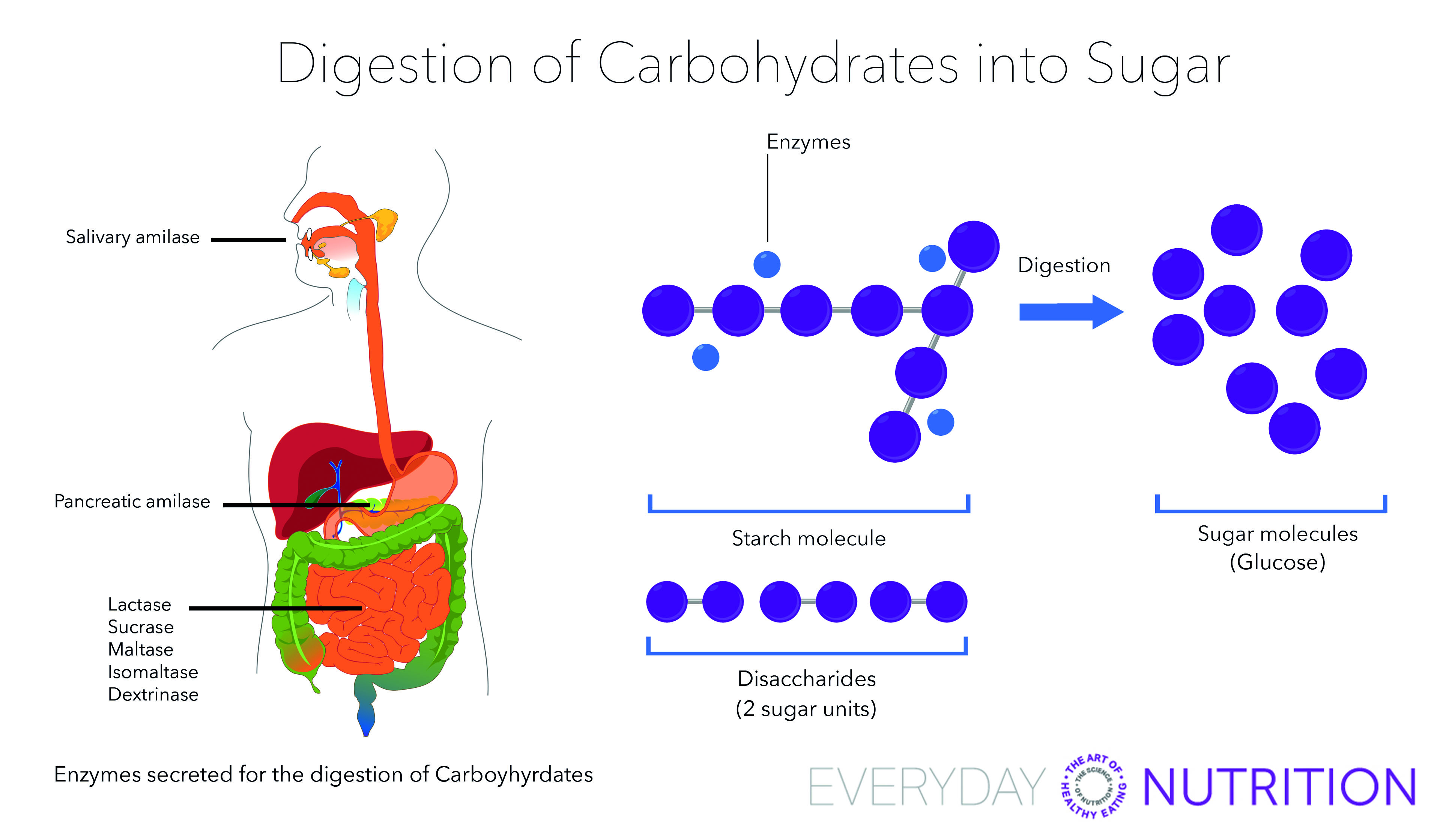



Everyday Nutrition Digestion Of Carbohydrates Into Sugar




The Carbohydrates Sugar Starch And Fiber Module Ppt Download



Digestion And Absorption Of Carbohydrates
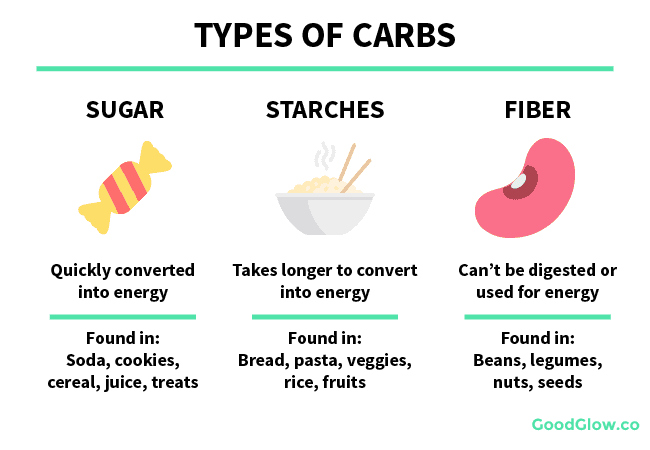



Why Carbs Sugar And Insulin Cause Acne Goodglow Co




Carbohydrates Sugars Biochemistry Youtube



0 件のコメント:
コメントを投稿